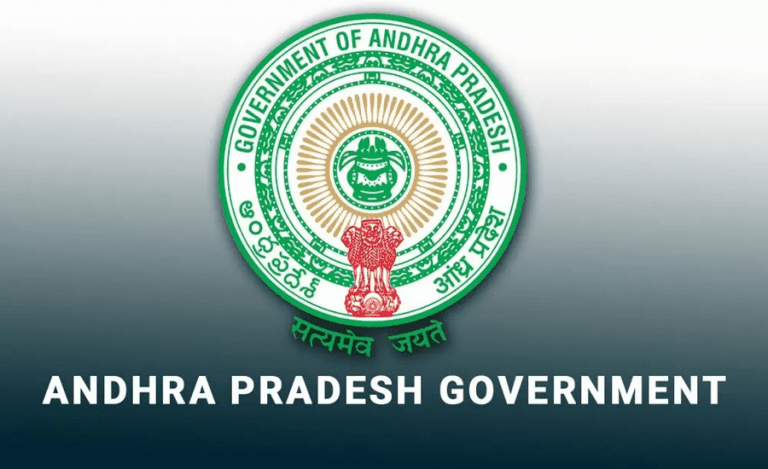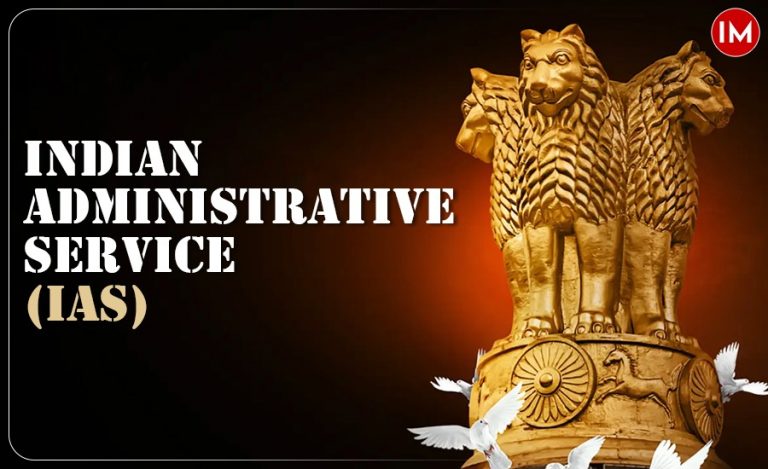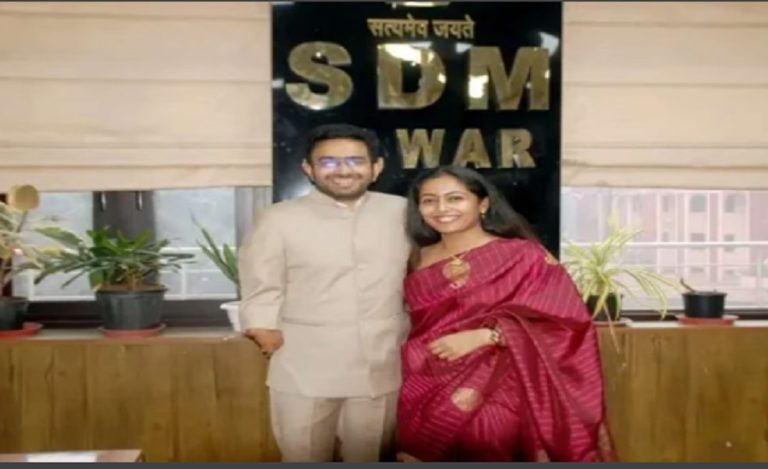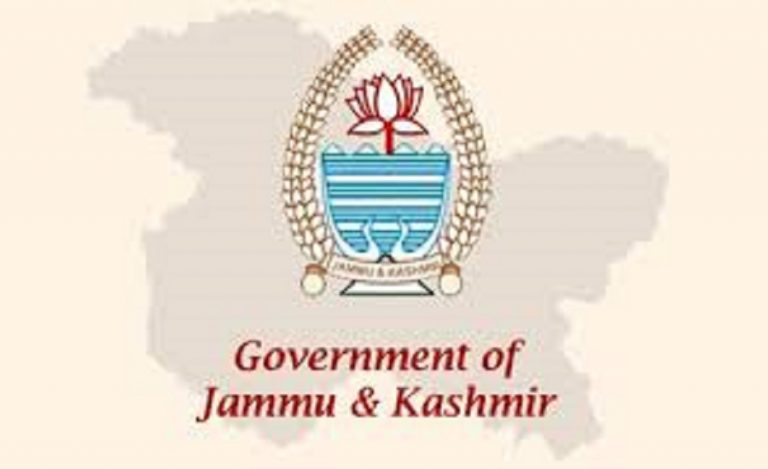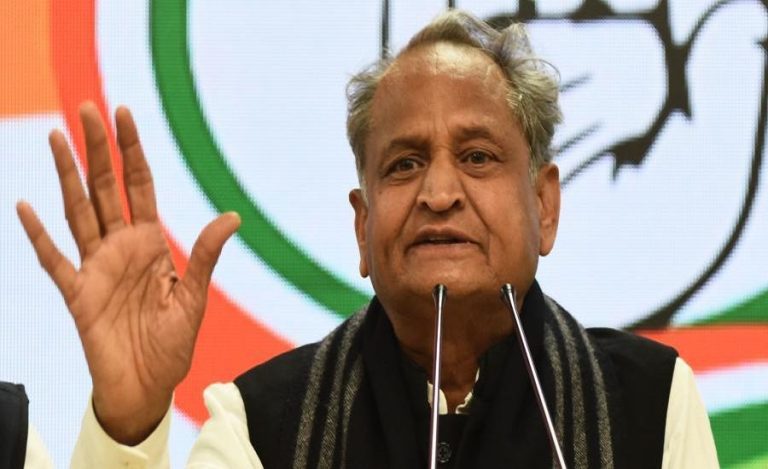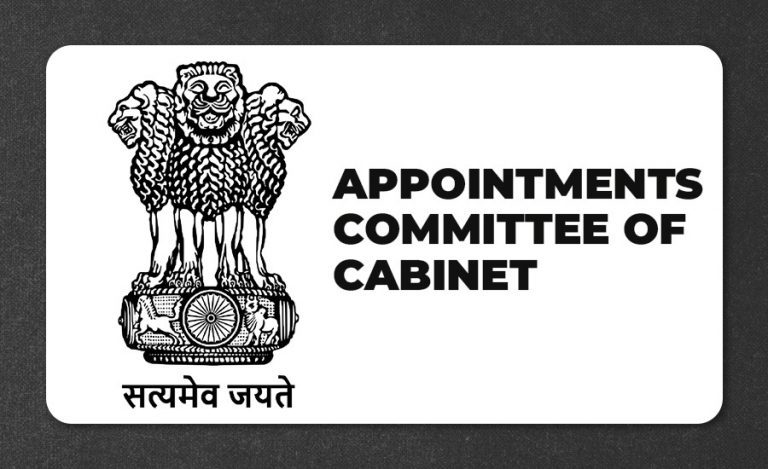New Delhi: On August 18, the Supreme Court ruled that minor lapses in disclosing income or assets cannot automatically invalidate election results unless they substantially impact the outcome. The judgment came while dismissing an appeal against Telangana legislator Kova Laxmi.
A bench of Justices Surya Kant and N. Kotiswar Singh upheld an October 2024 Telangana High Court order that had dismissed an election petition linked to the 2023 state assembly polls. The petition alleged that Laxmi failed to disclose her income for four of the last five financial years in the mandatory Form 26 affidavit.
Court Rejects “Pedantic” Approach to Disclosure
The bench observed that non-disclosure in this case did not amount to a defect of “substantial character.”
“In the light of the legal position exposited, on examination of the facts in the peculiar background obtaining in the case, we hold that the non-disclosure of income in the income tax return for four financial years by respondent 1 (returned candidate), is not a defect of substantial character,” the Court stated.
Accordingly, the Court ruled that the omission could not be treated as corrupt practice. It agreed with the High Court’s finding that Kova Laxmi had not engaged in corrupt conduct under election law.
Non-Disclosure Must Be of “Significant Nature”
The judges emphasized that courts must avoid striking down elections over inconsequential lapses.
“Merely because a returned candidate has not disclosed certain information related to the assets, courts should not rush to invalidate the election by adopting a highly pedantic and fastidious approach, unless it is shown that such concealment or non-disclosure was of such magnitude and substantial nature that it could have influenced the election result,” the bench observed.
The Court clarified that in this case, concealment of income details did not substantially affect the election outcome.
Also Read: SC Intervenes on Struggles of Disabled Cadets, Questions Denial of Medical and ESM Benefits
Principle for Future Cases Set Out
Recalling earlier precedents where non-disclosure of assets was held to be corrupt practice, the bench distinguished the present case.
“But the non-disclosure of income as per income tax return in the present case, as discussed above, is not of a substantial nature to be considered a corrupt practice,” the order noted.
The Court also laid down guiding principles for future disputes: “The true test would be whether the non-disclosure of information about assets in any case is of consequential or inconsequential import, finding of which will be the basis for declaring the election valid or void as the case may be.”
Transparency Must Balance With People’s Mandate
The judges explained that disclosure requirements safeguard transparency and empower voters by revealing candidates’ criminal and financial backgrounds. However, the order cautioned against nullifying valid elections on the basis of trivial lapses.
“The disclosure requirement as far as assets and educational qualification was concerned, should not be unreasonably stretched to invalidate an otherwise validly declared election over minor technical non-compliances of non-substantial character and nullify people’s mandate,” the Court stated.
By reaffirming that transparency is crucial but must be balanced with electoral stability, the Supreme Court reinforced its commitment to protecting both voter rights and democratic mandate.
Also Read: Supreme Court Closes Contempt Plea in DGP Row, Says Political Scores Can’t Be Settled via Courts


